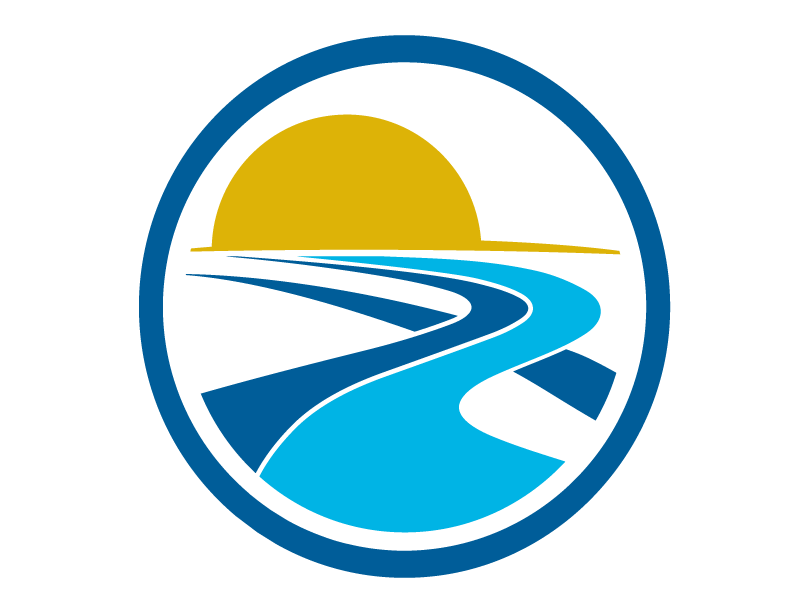It is an exciting time to be a part of academic advising at UC Davis! Having joined the campus at the beginning of May, I am refreshed and invigorated by the recognition that “advising matters.” What we do, why we do it, how we do it, and how we measure it are key questions that the campus recognizes need more attention. Each quarter I plan to use this space to provide highlights of key activities and projects focused on the academic advising community at UC Davis. As always, I welcome your feedback and suggestions on how this advising page can be developed to enhance and build community across campus.
I would like to focus this first installment on the welcome address given to the UC advising community (UCAAC) by Vice Provost de la Peña identifying six goals and principles towards a more robust and integrated advising presence at UC Davis.
Goals 1 and 2 speak towards staffing levels and vertical and horizontal integration. Roughly stated, we need more advisers, and we need advisers to have reporting lines that ensure collaboration between and across units. Work is underway across campus to reconsider how we structure advising and to identify where unmet needs exist.
Goal 3 addresses adviser training as an ongoing and priority campus investment. One of my favorite stories is the manager unwilling to spend money on staff development asking his HR director, “What happens if I spend all of these resources and my people leave?” to which the director responds, “What happens if you don’t and they stay?” Part of my new role on campus will be to work collaboratively to create and enhance training and professional development opportunities for staff and faculty advisers across campus.
Goals 4 and 5 address advising tools and technology. Simply put, we need to better utilize technology to improve the advising experience for students and to allow us to increase the effectiveness of our student interactions. Highly developed advising tools can help us move discussions away from prescriptive conversations regarding timing and placement of coursework, toward discussions that explore student academic and career goals, the intersection of curricular and co-curricular opportunities, and the meaning behind the integration of scaffolding of degree components. The OASIS programming team under the lead of the registrar’s office is focused on software enhancements this summer that will allow us to take the next step towards a more integrated system as we move towards more advanced degree planning tools.
Finally, goal 6 asks us to think about how predictive analytics can help in the work we do towards helping students succeed. Many student interventions simply occur too late for significant recovery to occur. What if we were able to get to the point where we could identify potential challenges before a student even arrives on campus, or before midterm grades are posted? The potential for “early alert” programming is tremendous and we need to better understand and identify predictive variables.
These six goals present a framework for institutional change related to academic advising at UC Davis and present significant opportunities for involvement from advisers, faculty, and administrators across the undergraduate spectrum in demonstrating and further operationalizing what we already know to be true… advising matters!
I have enjoyed meeting many of you during my first weeks on campus, and look forward to further introductions and collaboration as we move through summer and new student orientation
